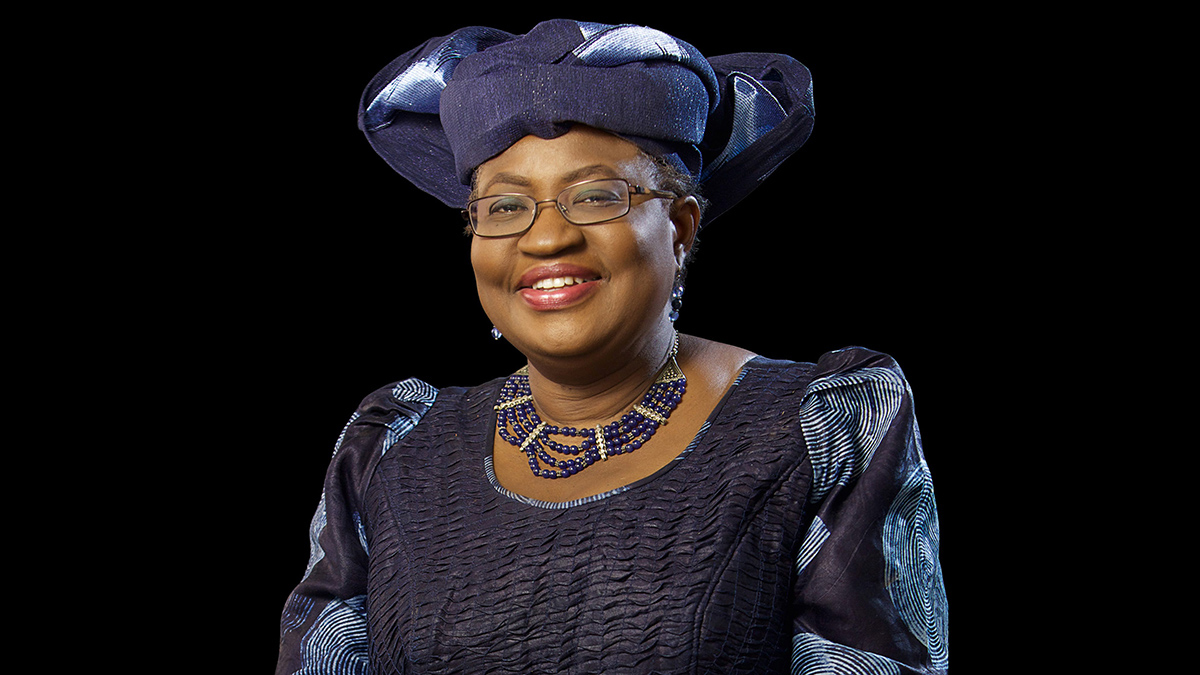The Minister of State for Transportation, Senator Gbemisola Saraki, has expressed confidence that the National Maritime Transport Policy being developed by Nigeria would lead to improved Foreign Direct Investment (FDI) inflow and enhance the ability of the Nigerian maritime sector to compete internationally.
She said this in Lagos at the opening of a stakeholders’ validation forum on the draft policy.
The minister said the transport policy would give Nigeria pride of place in the African Continental Free Trade Area (AfCFTA) agreement.
The free trade area, the world’s largest, was founded in 2018, and scheduled to come into effect from January 1, 2021.
The meeting was organised by the Federal Ministry of Transportation to get stakeholders’ buy-in and input, as the policy document was being fine-tuned.
The transport policy is expected to usher in a regime of robust maritime transport system in the country in line with international best practice.
Saraki underscored the strategic economic importance of maritime transportation, saying adoption of the transport policy would mark a paradigm shift in Nigeria’s economic competitiveness.
The minister stated in her address, which was delivered by Permanent Secretary, Federal Ministry of Transportation, Dr. Magdalene Ajani, “The National Maritime Transport Policy is a framework that will guide and sharpen the activities, actors and modus operandi in the maritime sector.
“It is an all-encompassing document that will skyrocket the sector to compete favourably in the global market. That is why this document is extremely important and crucial to the development of the sector.”
She said the National Maritime Transport Policy, which industry stakeholders had clamoured for since nearly two decades, “Will change the narrative in the maritime sector of our dear country and result in a paradigm shift that is generational.”
Saraki added, “It is encouraging to know that the maritime policy is coming up at a time when Nigeria has ratified the AfCTA Agreement and deposited it with the AU Secretariat. This is an agreement that will place Nigeria in place of leadership if we adequately prepare for the protocols.
“Therefore, it is expedient for us to make the maritime sector ready for the AfCFTA Transit Protocols and other international protocols for us to compete favourably in the regional and global market.”
Nigeria deposited its instrument of ratification of the AfCFTA agreement on December 5, 2020, becoming the 34th member state to formally ratify the treaty.
The free trade area was created by the African Continental Free Trade Agreement among 54 of the African Union’s 55 member states.
It is the world’s largest free trade area since the World Trade Organisation, and a game-changer in African and world trade, with a market of more than 1.2 billion people, about $3 trillion combined GDP, and the potential of growing intra-African trade by over 50 per cent, according to the United Nations Economic Commission for Africa.
In her own speech, the permanent secretary said policy was the bedrock of development, and the condition of the maritime sector of a nation determined its future development.
Ajani said, “Nigeria, like other nations, has recognised the integral role policies play in developmental process and, as such, engendered different processes to drive her quest for a sustainable, feasible and generic National Maritime Transport Policy. This will boost the maritime sector and widen the horizon to enable it serve the domestic market and have comparative advantage globally.”
Chairman of the National Maritime Transport Policy Committee, Dr. Paul Adalikwu, said, “The maritime sector cannot be administered successfully without a policy document that contains genuine, reliable and updated data that can stand the test of time.”
Adalikwu, who is also Director in charge of Maritime Safety and Security in the Federal Ministry of Transportation, said the maritime transport policy document aimed to develop “a maritime industry that is income generating, self-sufficient, competitive with comparative advantage in the regional and global markets.”
The event featured goodwill messages from Chairman, Senate Committee on Marine Transport, Senator Danjuma Goje, and Chairman, House of Representatives Committee on Maritime Safety, Education, and Administration, Hon. Lynda Ikpeazu.
There were also messages from captains of industry, including foremost maritime lawyer and Chairman, Nigerian Ship Owners Forum, Mrs. Margaret Orakwusi; Chairman, National Seafarers Welfare Board (NSWB), Otunba Kunle Folarin; and President, Ship Owners Association of Nigeria (SOAN), Dr. MkGeorge Onyung.
Dignitaries present at the occasion included Managing Director of the Nigerian Ports Authority (NPA), Hadiza Bala Usman, and Managing Director, National Inland Waterways Authority (NIWA), Dr. George Moghalu.
Director-General of the Nigerian Maritime Administration and Safety Agency (NIMASA), Dr. Bashir Jamoh, was represented by the Executive Director, Finance and Administration, Mr. Chudi Ofodile.
There were representations from all the parastatals in the Federal Ministry of Transportation as well as major associations in the country’s maritime industry.


































